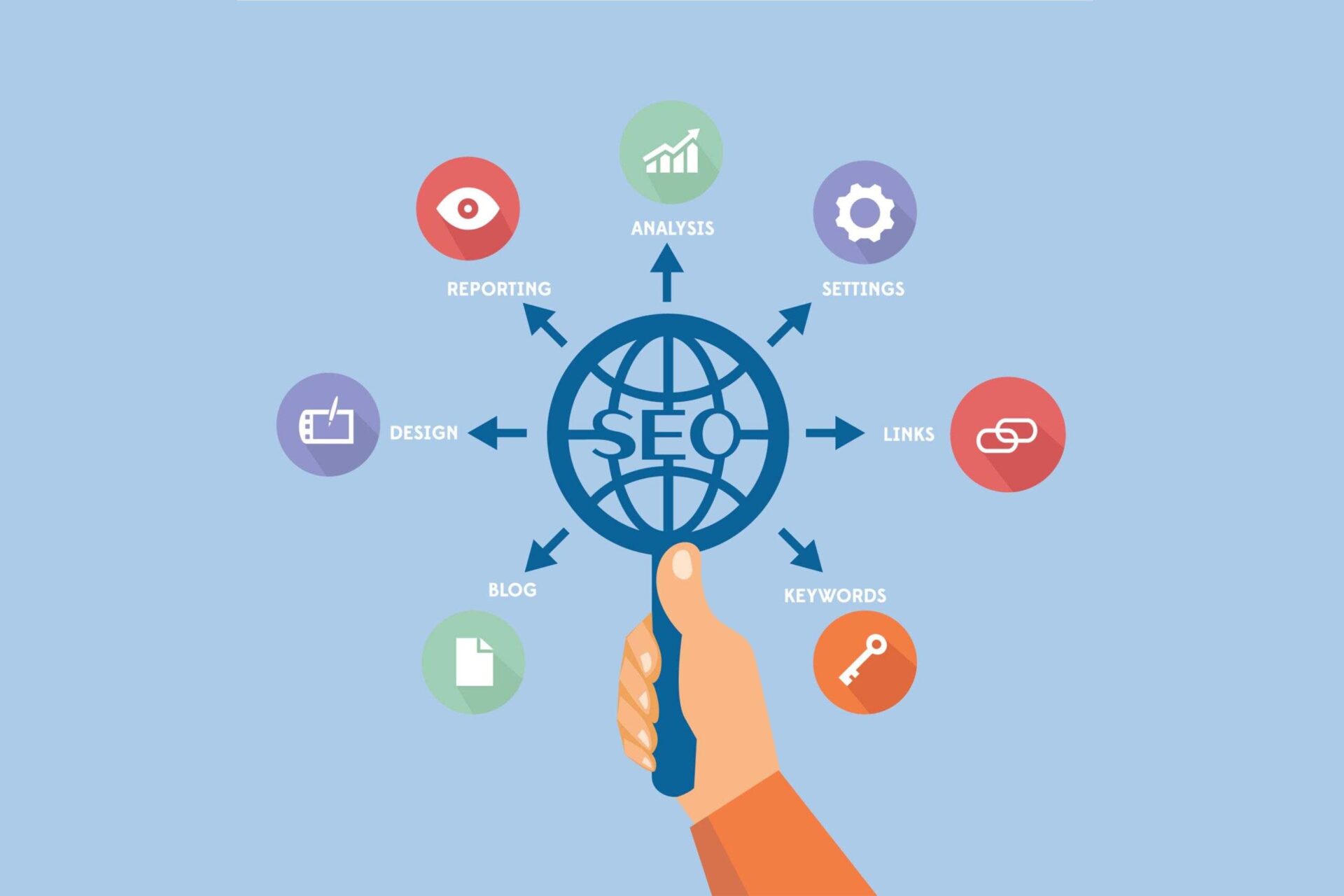As the world becomes increasingly interconnected, businesses are expanding their reach beyond their domestic markets. To succeed in a globalized economy, companies must ensure their online presence is optimized for international audiences. That’s where international SEO comes in. In this article, we’ll break down the basics of international SEO and provide tips on how to achieve global success.
Introduction to International SEO
International SEO is the practice of optimizing your website and content to rank higher in search engine results pages (SERPs) for a global audience. It involves tailoring your SEO strategy to specific countries and languages to ensure your website is discoverable and accessible to your target audience.
International SEO can be a complex process, as there are many factors to consider, including language, culture, and search engine algorithms. However, with the right approach, international SEO can help you expand your reach, increase your website traffic, and ultimately, drive more revenue.
Understanding the Importance of International SEO
In today’s globalized economy, businesses that fail to optimize their online presence for international audiences risk losing out on potential customers and revenue. By investing in an international SEO strategy, you can ensure your website is discoverable to users in different countries and languages, and increase your chances of attracting new customers.
Moreover, international SEO can help you establish your brand as a global player in your industry. By appearing in search results for different countries and languages, you can build trust and credibility with international audiences, which can ultimately lead to increased conversions and revenue.
Challenges in International SEO
- One of the biggest challenges in international SEO is understanding the different search engine algorithms used in different countries. Google may be the dominant search engine in many countries, but there are other search engines, such as Baidu in China and Yandex in Russia, that have their own unique algorithms.
- Another challenge is language and cultural barriers. To effectively optimize your website for international audiences, you need to understand the nuances of different languages and cultures. This includes understanding how users in different countries search for information online, as well as the cultural differences that can impact user behavior and preferences.
- Finally, there are technical challenges to consider. For example, you may need to implement hreflang tags to ensure your content is properly translated and displayed to users in different countries, or use a content delivery network (CDN) to ensure your website loads quickly for users in different regions.
Conducting International Keyword Research
Effective keyword research is the foundation of any successful SEO strategy, and international SEO is no exception. However, conducting keyword research for international SEO requires a different approach than traditional SEO.
First, you need to identify the keywords and phrases that are relevant to your target audience in different countries and languages. This may involve using tools like Google Trends, which can show you the popularity of certain keywords in different regions.
Next, you need to consider the different search engine algorithms used in different countries. For example, Baidu places more emphasis on the number of backlinks a page has, while Yandex considers social signals when ranking pages.
Finally, you need to consider the cultural nuances that can impact keyword usage. For example, there may be different slang terms or colloquialisms used in different regions that you need to account for in your keyword research.
On-Page Optimization for International SEO
On-page optimization is the practice of optimizing the content and structure of your website to improve its visibility in search engine results pages. In international SEO, on-page optimization involves tailoring your website content to specific countries and languages.
One of the most important aspects of on-page optimization for international SEO is implementing hreflang tags. Hreflang tags tell search engines which version of your content to display to users based on their location and language preferences.
Additionally, you should ensure your website content is properly translated and localized for different countries and languages. This involves more than simply translating your content word-for-word; you need to consider the cultural nuances and preferences of your target audience in each country.
Finally, you should ensure your website is mobile-friendly and loads quickly for users in different regions. This can involve using a content delivery network (CDN) to ensure your website content is served from servers located closer to your target audience.
Technical Optimization for International SEO
Technical optimization involves optimizing the technical aspects of your website to improve its visibility in search engine results pages. In international SEO, technical optimization involves implementing technical elements that ensure your website is discoverable and accessible to users in different countries.
Additionally, you should ensure your website is hosted on servers located in the same country as your target audience. This can improve your website’s load time and make it more accessible to users in different regions.
Creating Multilingual Content
Creating multilingual content is an important aspect of international SEO. By translating your website content into different languages, you can ensure your website is accessible to users in different countries and languages.
To effectively create multilingual content, you need to consider the cultural nuances and preferences of your target audience in each country. This involves more than simply translating your content word-for-word; you need to ensure your content is properly localized for each country and language.
Additionally, you should consider implementing a content management system (CMS) that supports multilingual content. This can make it easier to manage and update your website content in different languages.
Building Backlinks for International SEO
Backlinks are an important factor in SEO, and this is no different from international SEO. However, building backlinks for international SEO requires a different approach than traditional SEO.
First, you need to identify relevant websites in different countries and languages that are likely to link to your content. This may involve using tools like Ahrefs or SEMrush to identify websites that link to your competitors.
Next, you need to consider the different search engine algorithms used in different countries. For example, Baidu places more emphasis on the number of backlinks a page has, while Yandex considers social signals when ranking pages.
Finally, you need to ensure your backlink profile is diverse and natural. This means avoiding spammed link-building tactics and focusing on building high-quality, relevant backlinks that will improve your website’s visibility in search engine results pages.
Localizing your Website for International SEO
Localizing your website involves tailoring your website content and user experience to specific countries and languages. This is an important aspect of international SEO, as it can improve your website’s visibility and accessibility to users in different regions.
To effectively localize your website, you need to consider the cultural nuances and preferences of your target audience in each country. This includes everything from the language and content of your website to the design and layout of your website.
Additionally, you should consider implementing local search engine optimization (SEO) tactics, such as optimizing your Google My Business listing and building citations on local directories. This can improve your website’s visibility in local search results and make it more accessible to users in different regions.
Measuring Success in International SEO
Measuring the success of your international SEO efforts is important to ensure you’re achieving your goals and driving ROI. To effectively measure success in international SEO, you need to track key performance indicators (KPIs) that are relevant to your business and goals.
Some common KPIs to track in international SEO include website traffic, search engine rankings, backlinks, and conversions. Additionally, you should consider tracking KPIs that are specific to each country and language you’re targeting, as these may vary depending on the cultural nuances and preferences of your target audience.
Conclusion
In conclusion, international SEO is a complex process that requires a tailored approach for each country and language you’re targeting. However, by investing in international SEO, you can expand your reach, increase your website traffic, and ultimately, drive more revenue.
To achieve success in international SEO, you need to understand the different search engine algorithms used in different countries, as well as the cultural nuances and preferences of your target audience. Additionally, you should focus on implementing technical optimization, creating high-quality multilingual content, and building a diverse and natural backlink profile.
By following these tips, you can ensure your website is discoverable and accessible to users in different countries and languages, and establish your brand as a global player in your industry.









